Goodwin covers communications for rheumatology, orthopedic surgery, physical medicine and rehabilitation, and radiology. She assists with communications for C.S. Mott Children’s Hospital and Von Voigtlander Women's Hospital. She is passionate about making medical research and storytelling accessible to help keep patients informed about what is happening in healthcare. Goodwin graduated from Eastern Michigan University with a degree in Public Relations in 2022. Contact: [email protected]

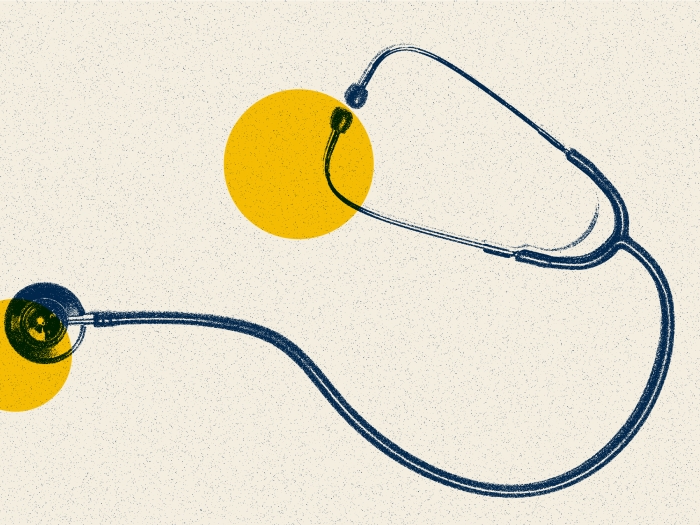
Health Lab
A U-M led international team uncovers new autoantibodies in antiphospholipid syndrome patients, shedding light on disease development. Learn more about the research findings and how they may lead to new treatments.

Health Lab
Research from U-M suggests that Acceptance and Commitment Therapy can aid in the recovery of spinal cord injuries by helping patients learn to manage their emotions and thoughts surrounding their injury.
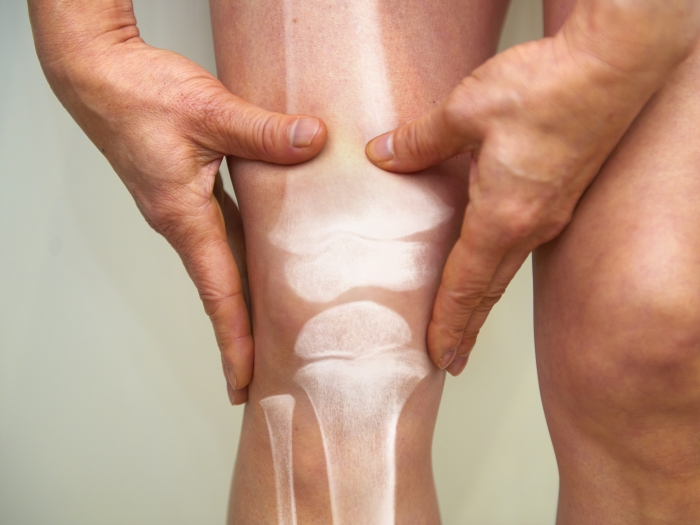
Health Lab
Reducing joint pain starts with strengthening joint in warmer months, says a Michigan Medicine doctor.
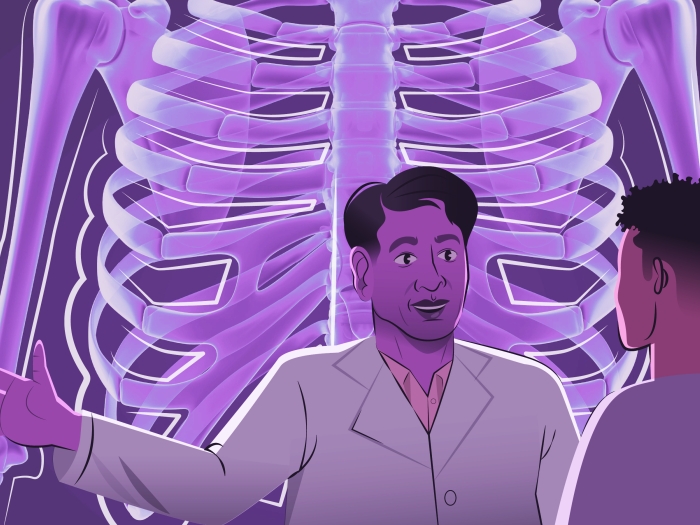
Health Lab
Radiologists play a large role in many tumor diagnoses, but rarely get the recognition for it.
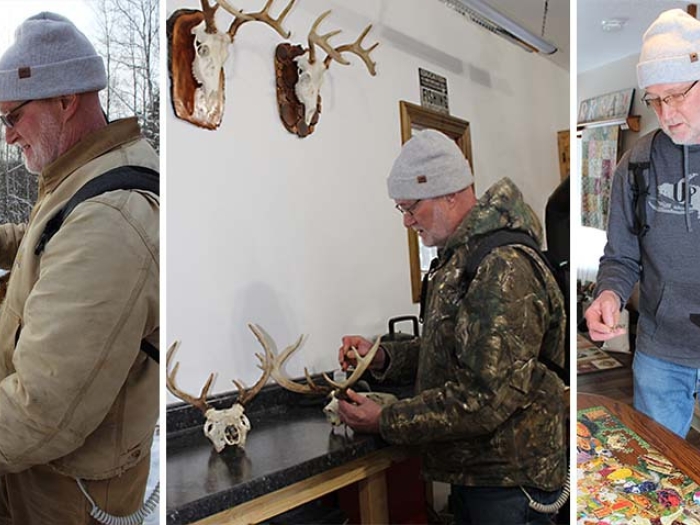
Health Lab
Using neuropsychology to heal from cancer treatment: A multidisciplinary clinic uses this method to help patients after oncology treatments

Health Lab
Rollverines team helps build strength, confidence for those unable to play able-bodied basketball.
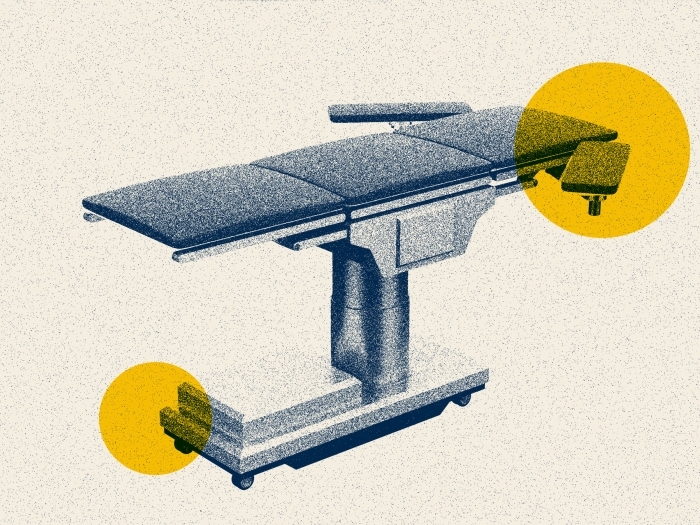
Health Lab
According to researchers at Michigan Medicine, the McGlamry Elevator, a sophisticated surgical tool used to treat hammertoe, can block blood flow during surgery, potentially minimizing blood loss to the lesser toes and assisting in recovery.

Health Lab
Exercise during the colder months can prevent pain from appearing in the warmer weather
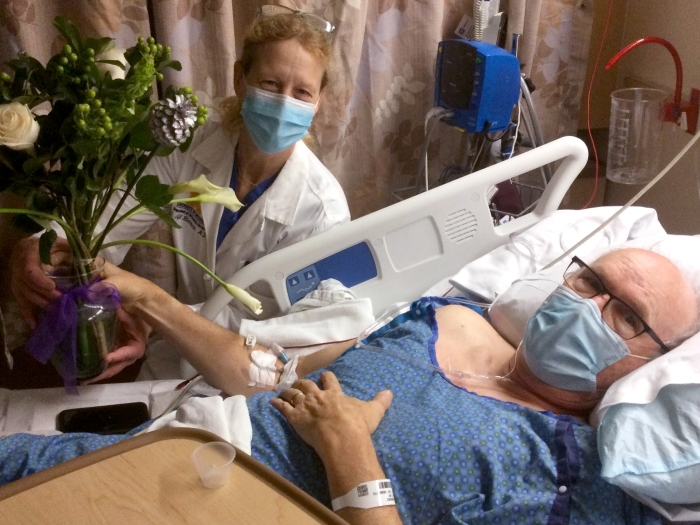
Health Lab
Today, Joseph Kolars rides as far as 40 miles now

Health Lab
A variation of the molecule can contribute to fibrosis and scleroderma.

Health Lab
And the development of a new slow-release drug seeks to target them

Health Lab
Nicknamed the “invisible disease”, the autoimmune disorder comes with lifestyle changes that can be a challenging adjustment.

Health Lab
Patients with APS have concerns about their ability to function normally, even when their blood work and clinical visits appear normal.

Health Lab
Large doses of opioids are commonly prescribed after total knee and hip arthroplasty to avoid call-ins for refills, but smaller doses can be just as effective.
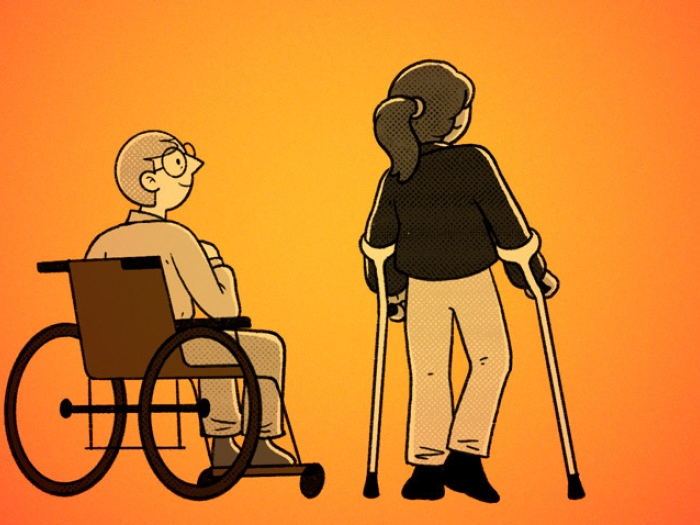
Health Lab
Cerebral palsy is often listed as the underlying cause of death for patients, however CP does not, itself, cause death in adult patients. Providers are concerned that this inaccuracy negatively impacts patient care.